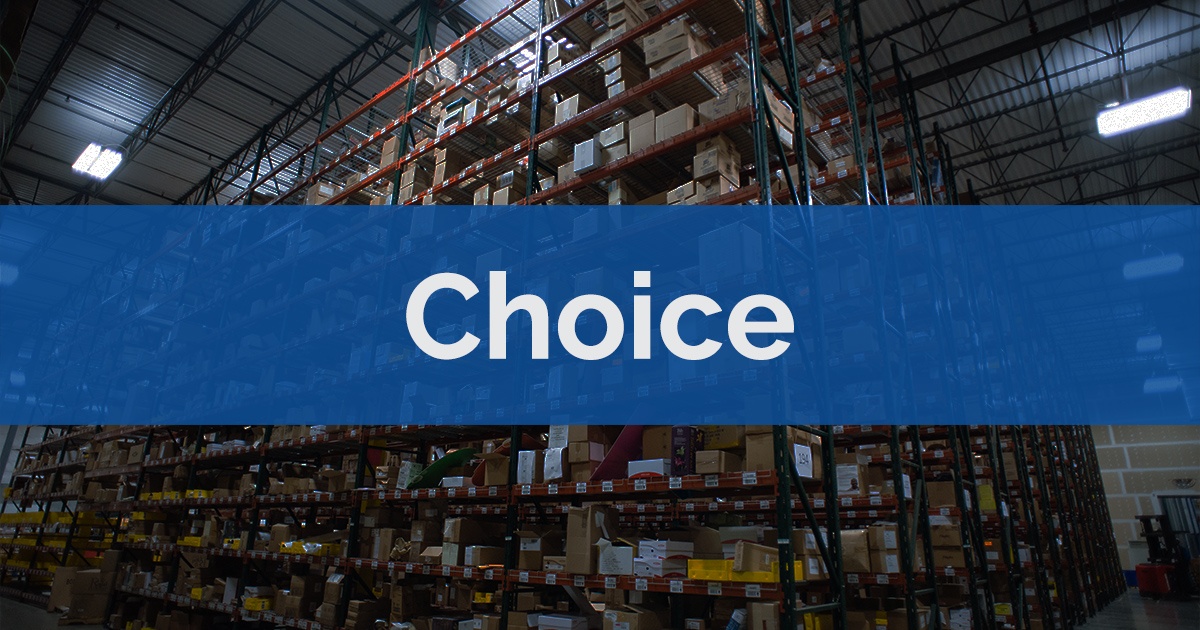Getting Into the Logistic Game: 3 Considerations and a Checklist

Our partners over at Copper Peak Logistics recently published a blog piece about due diligence with regard to contacting a 3PL and getting into the wine business. Although wine is a very specific (and heavily regulated) market, some of the advice in the piece is worth sharing because of its general implications for logistics and shipping.
Compliance is extremely important.
In the wine space, legal compliance is complex and extremely important—but the same can be said for many types of products. For example, products that (up until recently) were designated hazmat ORM-D had to be labeled in specific ways, and certain paperwork is required when shipping by air. (The ORM-D designation has been phased out in favor of the Limited Quantity designation, but the point still applies.)
Shipping internationally can be even trickier. The global regulatory environment is becoming ever more complex, and companies are frequently turning to software solutions to automate the import/export compliance process.
Compliance does not just include proper packaging and licensing. Taxes, fees, and duties can apply to shipments, and these have to be properly recorded and paid.
Choice of software should take integration into account.
Not all eCommerce platforms are created equal. Some are specifically tailored to certain industries like the wine industry; others are meant to be more general. There are benefits and limitations to all of them.
Just as important, however, is whether your various platforms can “talk” to each other and integrate seamlessly. A large logistics operation may well use software solutions for eCommerce, CMS, compliance, and warehouse management. All of these systems will need to update each other quickly and continuously. Some of these pairings will be “natural”, some will require a plug-in, and others will require a custom solution.
For example: Magento, Shopify, and WooCommerce are common eCommerce platforms, but they do not readily integrate with software solutions like ShipCompliant and other platforms used by fulfillment centers. Additional plugins are needed to ensure performance. On the other hand, Infoplusdoes readily integrate with these eCommerce platforms (and more).
Warehousing and fulfillment often go hand-in-hand…but they don’t have to.
Although the terms “warehousing and fulfillment” often go together, they are a single term for one service. Warehousing refers to long-term storage typically in a bonded facility. Fulfillment, on the other hand, refers to the preparation and shipping of orders.
The distinction might be obvious, but it is important to bear in mind when searching for logistics partners or software. For example, if you have adequate long-term storage facilities you might only engage logistics partners who can help with fulfillment (i.e. moving just enough product from storage to meet a 30 or 60 day demand.) While this scenario can save an organization a great deal of money by leveraging its resources and strategic partnerships, there are many questions that need to be addressed to make the partnership productive:
- What software will be used to manage long-term storage internally?
- Is it compatible with the software used at the fulfillment center?
- Is data sent in real time?
- Which party will be responsible for choosing a carrier? If it is the fulfillment center, how do they do it so as to minimize costs? If it is your company, can your software find the best shipping option quickly when an order is placed?
- How and when does the fulfillment center signal the need for more stock? How and when does the warehouse signal Low Stock or Overstock?
These are the important questions that arise for just this one arrangement. A different set of questions is raised if you handle fulfillment but not warehousing, as well as if you use a 3PL partner for both.
The Checklist
In short, there are some important considerations your organization will need to review before contacting logistics partners and making any long-term decisions. Here is a list to get you started:
- What federal, state, and local statutes regulate our products we will be shipping?
- Can we ship to every state?
- Are we licensed in the states to which we plan to ship?
- Are we aware of any restrictions on shipping, or labeling requirements, called for by the carriers we intend to use?
- Have we researched and planned for all appropriate taxes, fees, and duties?
- In handling our due diligence, have we checked the compatibility of our software for eCommerce/sales, compliance, warehouse management, and shipping? Are plug-ins or extensions needed?
- What aspects of our logistics operations are going to be done “in house”and which will be handled by a partner?
- How do we integrate our software systems with our partners’ systems? How fast can data travel between them? (Is it real time?)
- How will carriers be chosen?
- How will inventory be managed?
Infoplus hopes this checklist is useful to those starting to ask these questions—and that you will check out our software as part of your logistics solution.
.png?width=225&height=60&name=Logo%20(7).png)


